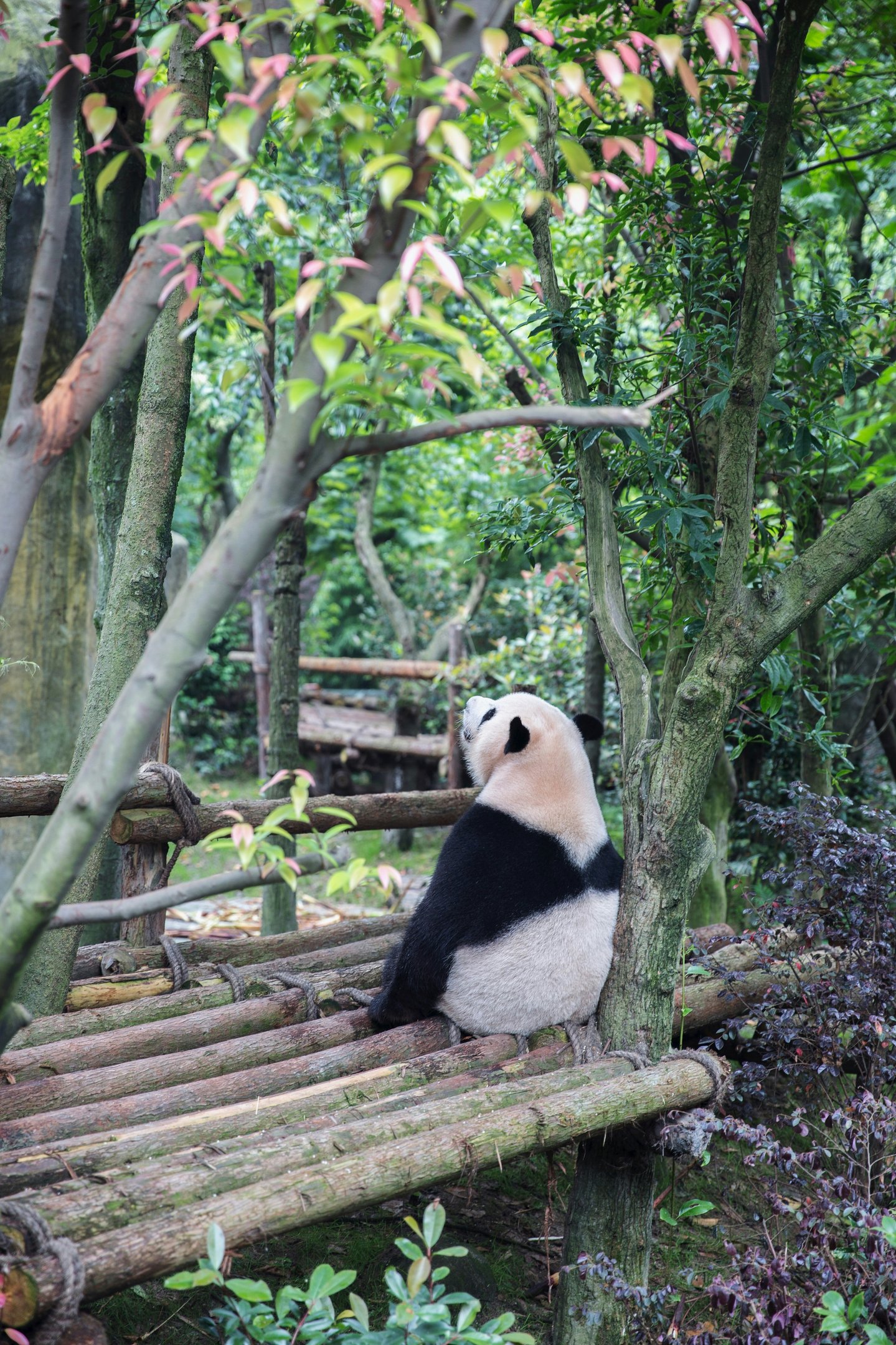

One of the most effective ways to teach children about animals in the wild and their environments is through firsthand experiences. Visiting a zoo, aquarium, animal sanctuary, or national park can provide invaluable insights into different species and conservation efforts. These places often offer educational programs and guided tours, making the experience both fun and informative. Additionally, trips to museums or animal shelters can further enhance their understanding of wildlife and the importance of protecting these creatures.Reading is a powerful tool in educating children about wildlife and the environment. Books that focus on wildlife, endangered animals, or the plight of captive birds can spark curiosity and empathy in young minds. Picture books for younger children and more detailed texts for older kids can be used to introduce them to the beauty and diversity of the animal kingdom, as well as the challenges these creatures face. Encouraging children to read about these topics can foster a lifelong appreciation for nature and conservation. Visual storytelling can be incredibly effective in teaching children about wildlife and conservation. Documentaries like March of the Penguins can vividly illustrate the importance of protecting natural habitats and the intricate lives of animals in the wild. Such films can serve as a gateway to deeper discussions about environmental issues and the ways in which we can contribute to conservation efforts. Watching these programs together as a family can also provide opportunities for shared learning and engagement.Getting involved in local conservation efforts can provide practical lessons in responsibility and empathy. Adopting a pet is one way to teach children about the care and respect all creatures deserve. Additionally, activities such as planting native species in your garden can help support local wildlife habitats. Participating in community clean-ups or conservation projects can also instill a sense of stewardship and responsibility towards the environment. By incorporating these engaging methods, you can help children develop a deep appreciation for wildlife and the natural world, fostering a generation that is informed and passionate about conservation.
If you have dogs or cats, they can be the best teachers for your children. By teaching your children to treat the family pets with love and affection, they are likely to show the same kindness to all animals they encounter. Involving your children in the care-taking routine of feeding, watering, walking, and playing with the pets can also teach them responsibility and empathy. It's important for children to learn how to care for and respect animals, as it can have a positive impact on their character and how they treat others. So, let your furry family members be the teachers and role models for your children in compassion and care.


Encourage your child’s natural curiosity and wonder. Often, it is children who teach us how to be kind to animals. Take the time to listen to and observe them. They will surely ask many questions about animals, and you may not have all the answers. Use this as an opportunity to do some research together as a family. Ask questions, and foster their curiosity, as it is one of the greatest teachers of compassion and kindness. Sharing these moments not only builds a deeper understanding of the world but also strengthens the bond between you and your child. Remember, every question is a chance to explore and learn together, nurturing a lifelong love for learning and empathy.


